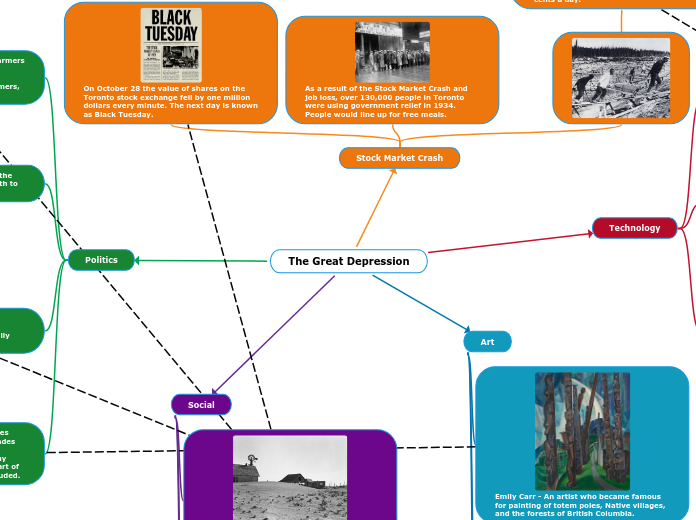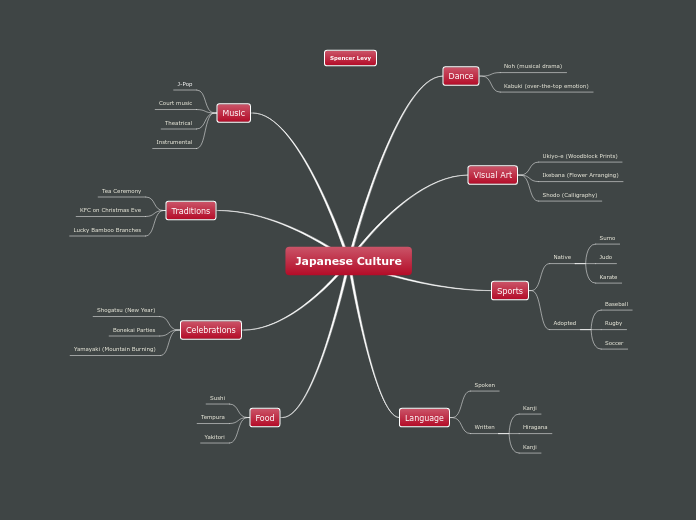af Avery Dickson 4 år siden
1000
The Great Depression
During the Great Depression, Canada faced significant economic challenges, with the Prairies and Maritimes being particularly hard-hit. The Prairies struggled with falling wheat prices, droughts, and dust storms, while the Maritimes suffered from a collapse in fishing and lumber exports.









